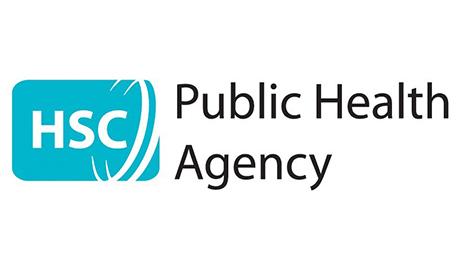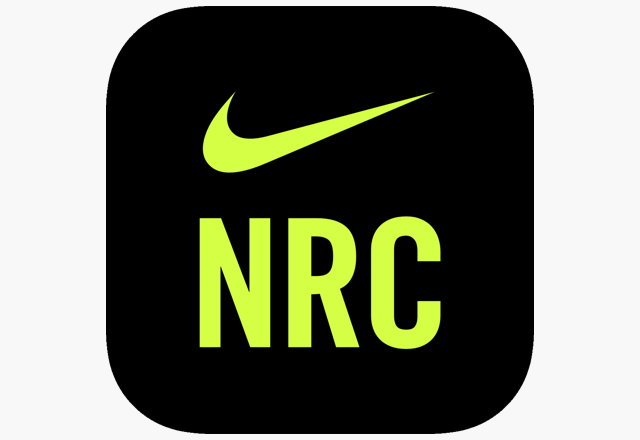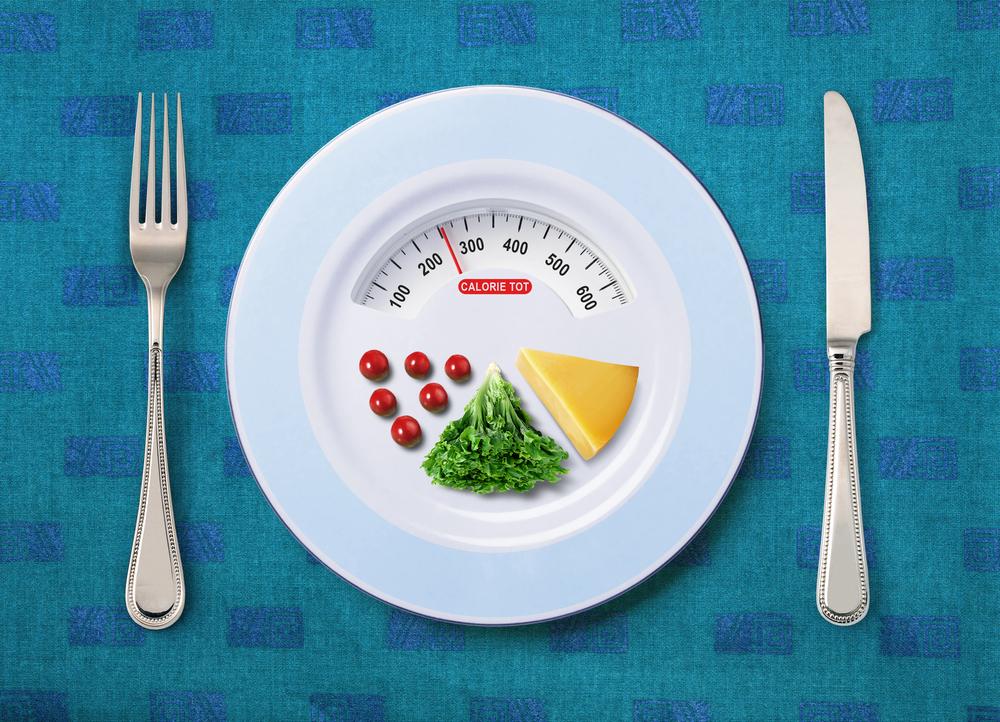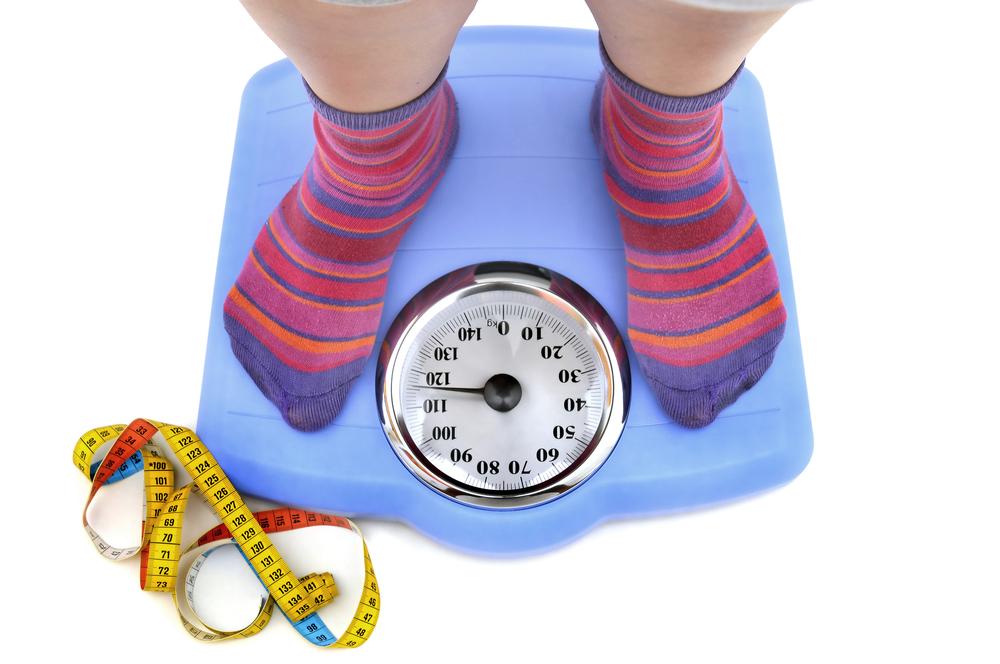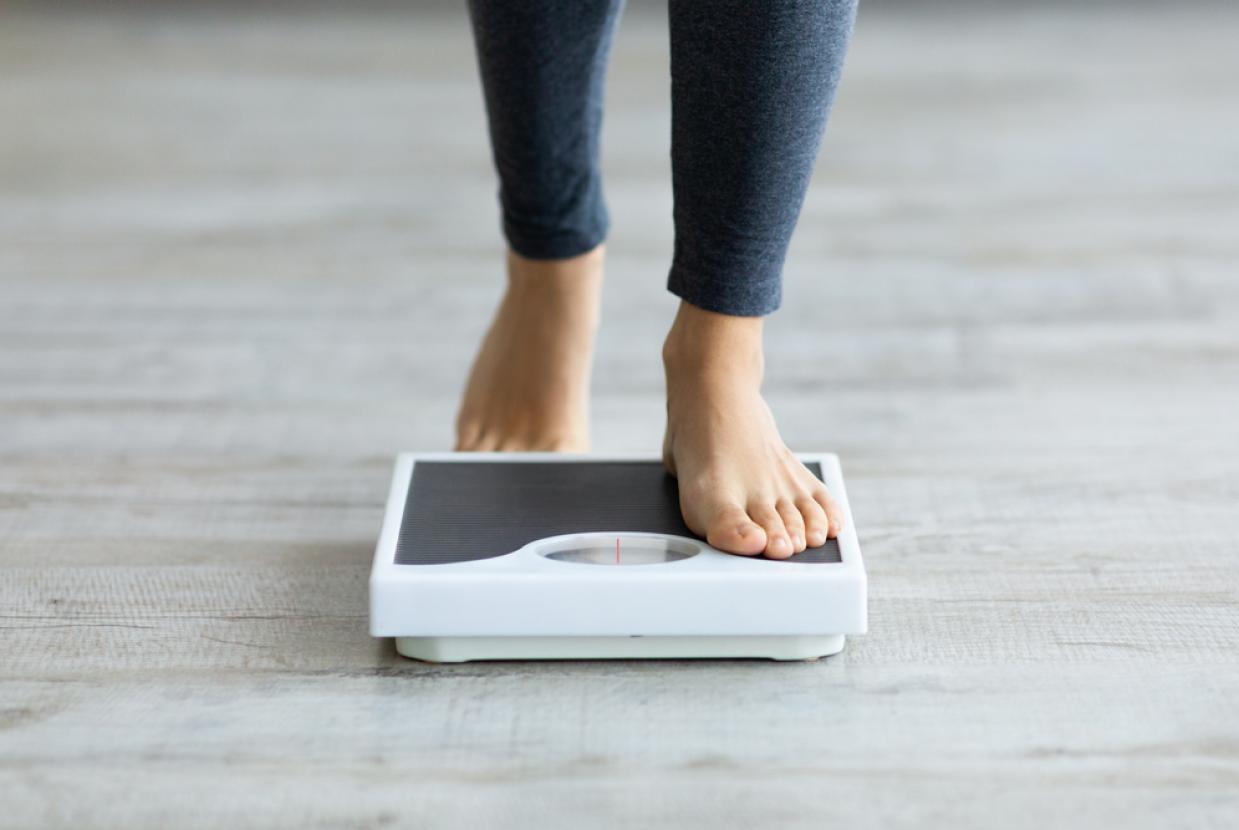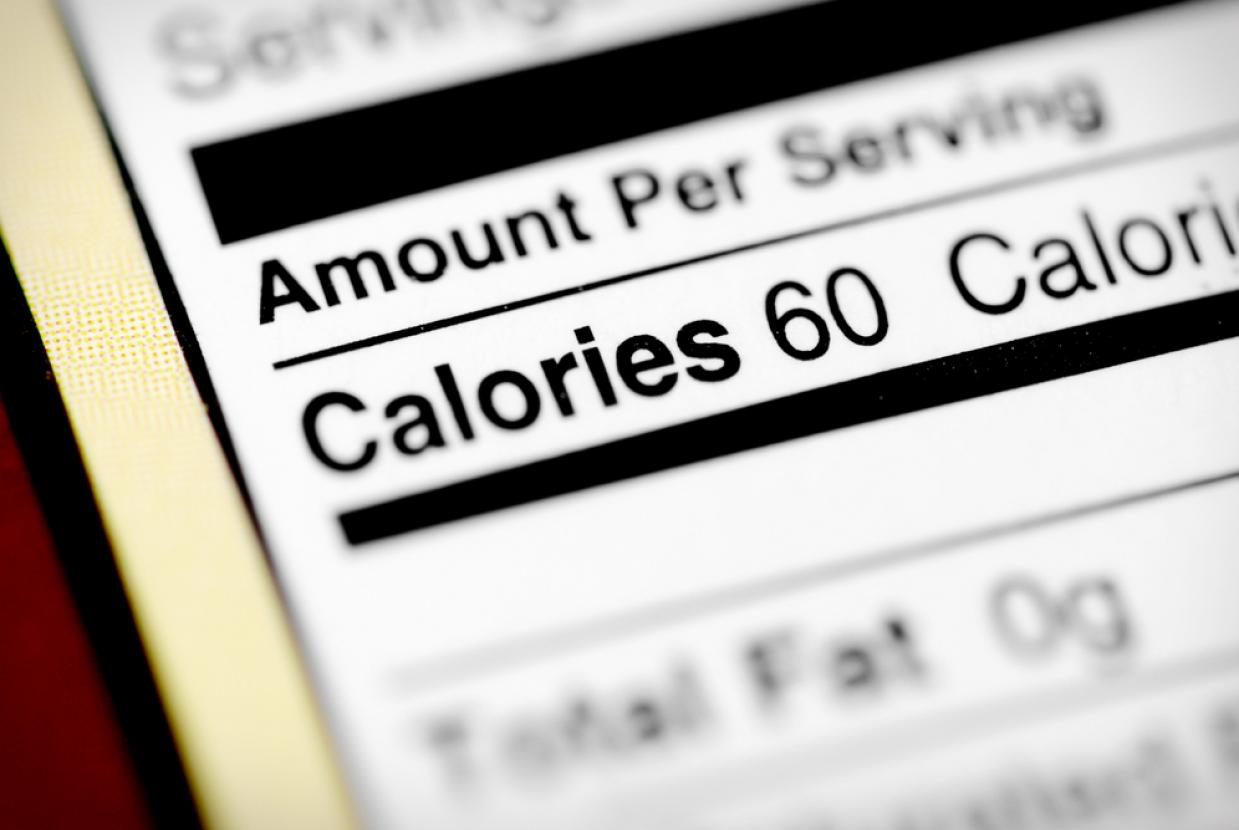Health Conditions Caused By Obesity
Three of the main health problems caused by obesity – and the lifestyle factors associated with it – are cancer, heart disease and type 2 diabetes. Here is a little more information on those conditions and how to protect against them.
Cancer
Cancer is a condition where cells in a specific part of your body grow and reproduce uncontrollably. The cancerous cells can invade and destroy the surrounding healthy tissue – including major organs. Sadly, cancer is still one of the main causes of death in Northern Ireland, yet many of those deaths are actually preventable.
- Smoking, unhealthy eating, high alcohol consumption, increasing age and some environmental factors can all play a part in increasing the risk of some cancers – smoking and poor diet alone are responsible for 65% of cancer deaths.
- Eating more fruit and vegetables and more wholegrain products can help reduce your cancer risk.
- Some research highlights that eating high amounts of red and processed meat can increase the risk of developing some cancers. It is recommended that people who eat more than 90g of red or processed meat each day (or 630g of these over a week) should consider reducing this to around 70g per day (490g per week). Ninety grams (90g) is equivalent to a 3oz steak, or three thin slices of beef, lamb or pork, where each slice is roughly the size of half a slice of bread. A cooked breakfast containing two standard sausages and two rashers of bacon is equivalent to 130g.
- Being more active can also help prevent cancer – even just 30 minutes of moderate activity on most days of the week (at least 150 minutes each week, in bouts of at least 10 minutes) can make a difference (for example a swim, cycle ride or even just a brisk walk to the shops).
Heart disease
Your heart is effectively your body’s pump. It keeps blood moving around your body through arteries and veins to deliver the oxygen and nutrients needed for your body to function. Sometimes, however, arteries can narrow and when this happens to the arteries of the heart, they can get blocked up, leading to heart disease.
- The risk of developing heart disease can be increased or decreased depending on a number of factors including whether or not you smoke, how physically active you are, your diet and your weight.
- Eating healthier can help protect your heart. Eating more fruit and vegetables, more fish – including oily fish (like mackerel, salmon or sardines) once a week – and more wholegrain products (like wholemeal bread, brown rice and wholemeal pasta) and reducing the amount of salt and saturated fat in your diet will help reduce your risk of heart disease.
Diabetes
Diabetes is a condition where your body can’t produce any or enough insulin (a type of hormone) to control the amount of sugar being carried in your blood. There are two main types of diabetes – type 1 and type 2, with type 2 the most common. In many cases, that’s a result of being overweight or obese.
- You can protect against developing type 2 diabetes by maintaining a healthy weight (maintaining a BMI between 20–25).
- Healthy eating and an active lifestyle both play a part – at least 30 minutes of moderate physical activity on most days (at least 150 minutes each week) makes a difference. This can be divided up into bouts of at least 10 minutes (and that can be something as simple as a brisk walk to the shops).
- If you do have diabetes, it’s very important to follow the correct treatment as advised by a doctor, dietitian or diabetes nurse.



